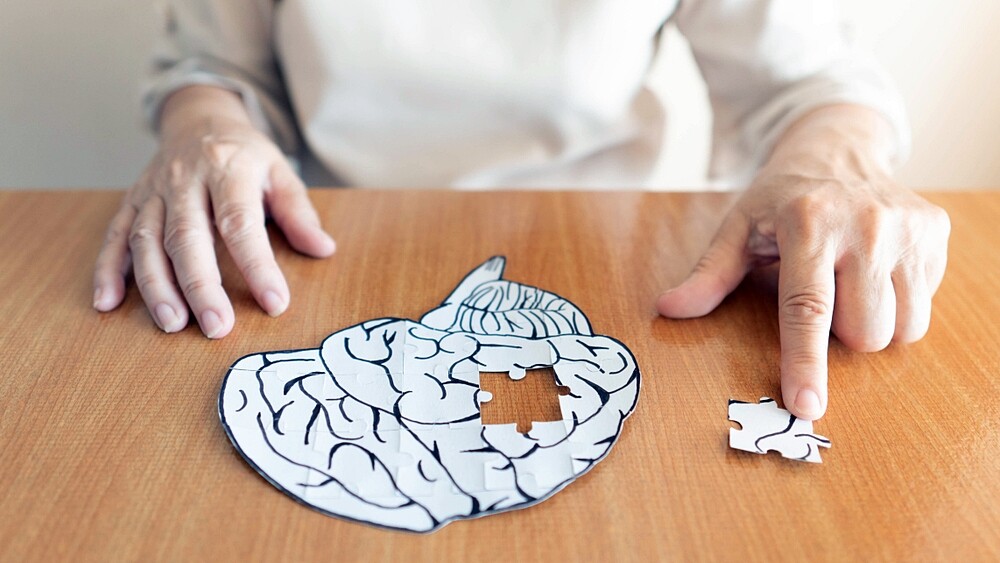Science has been looking for ways to cure Alzheimer’s for years. Now the breakthrough could come – thanks to a woman who seems to be immune to the disease.
Alzheimer researchers may have made a groundbreaking discovery in Colombia: In an extended family of around 6,000 members living in the country, Alzheimer’s has been very common for decades. The reason: the family members suffer from a mutation of the PSEN1 gene, which promotes the disease. However, a woman in the family well over 70 years of age has so far shown no signs of the disease breaking out, which is considered the most common form of dementia and ensures that those affected gradually forget more and more.
Second Gene Mutation as a Key against Alzheimer’s?
Although the Colombian woman is also affected by the gene mutation, she seems to be immune to Alzheimer’s – and thus posed a puzzle to the scientists around Joseph Arbodela-Velasquez from Harvard Medical School. Together with his colleagues, Arbodela-Velasquez came across the woman during the examination of a total of 1,200 clan members. But why is she spared the disease that so extremely affects her family members? In their study, the researchers identified another gene mutation as the cause of resistance: the so-called APOE3 variant, also known as Christchurch mutation.
Will There be a Cure for Alzheimer’s Soon?
The scientists are already celebrating this discovery as a breakthrough in Alzheimer’s research. However, the exact mechanisms behind the Colombian woman’s own protection against Alzheimer’s are not yet completely clear – further research should shed light on this. If the principle of immunity could be understood, this could form the basis for new therapeutic approaches to the disease.
What Makes Alzheimer’s so Dangerous?
Alzheimer’s is a neurodegenerative disease that leads to memory, speech and orientation disorders. Although the course of the disease can be slowed down by medication, it cannot be stopped. The symptoms are getting steadily worse – in later stages, affected people can no longer cope with their everyday life on their own, need help around the clock and eventually die of the disease.

